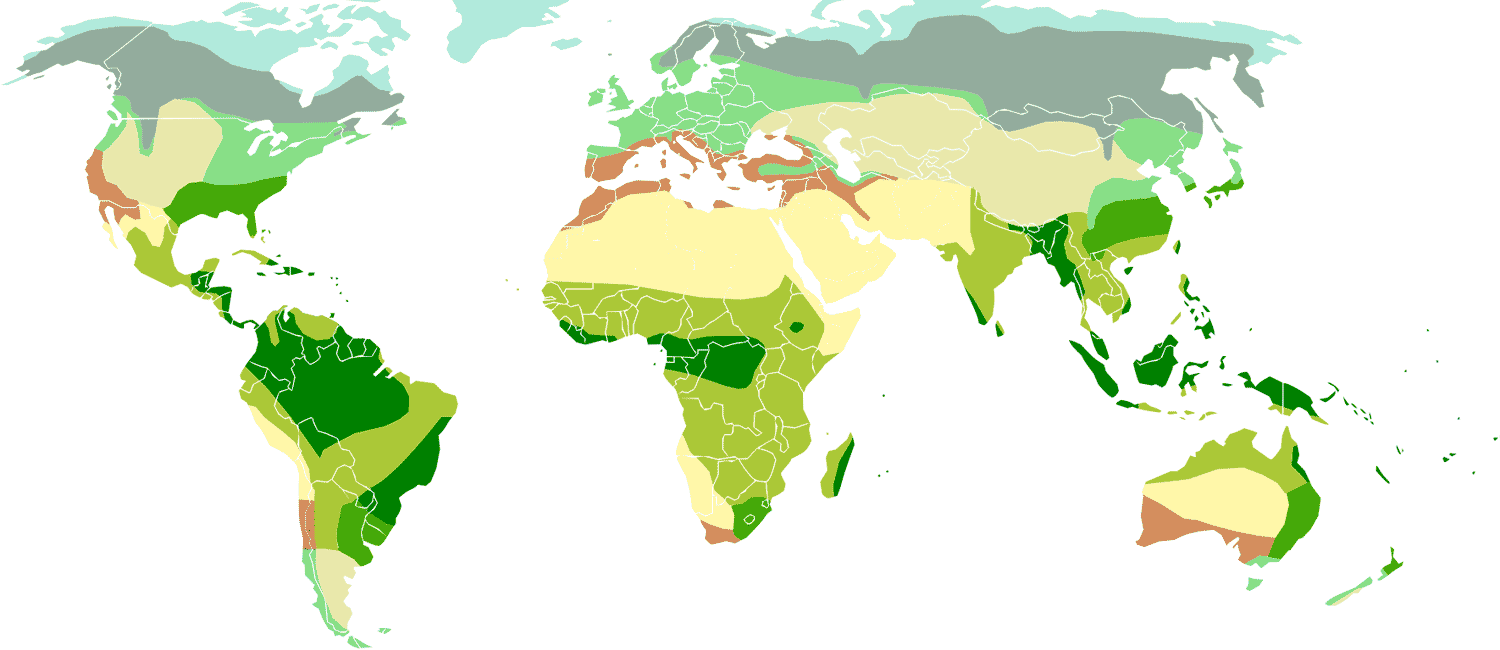Page Content
- Classification
- Region
- Group
- Taxa, synonyms
- Bibliography
- Figures
Tyrinthia biformis
Tyrinthia biformis is the scientific name of a group -also called lamiines or flat-faced longhorned beetles-
Tyrinthia biformis Bates, 1885
H.W. Bates is the author of the original taxon.
The type specimen used for original description is cited from Chiriquí.
Tyrinthia biformis Bates, 1885 is the full name of the group-species in the taxonomic classification system.
The species is combined with the genus Tyrinthia ranked in the tribe Hemilophini.
Classification
| kingdom | |
| Animalia | |
| ~1,200,000 sp. | |
| phylum | |
| Arthropoda | |
| ~1,000,000 sp. | |
| class | |
| Insecta | |
| ~830,000 sp. | |
| order | |
| Coleoptera | |
| ~350,000 sp. | |
| family | |
| Cerambycidae | |
| ~35,000 sp. | |
| subfamily | |
| Lamiinae | |
| 22,098 sp/ssp. | |
| tribe | |
| Hemilophini | |
| 584 sp/ssp. | |
| genus | |
| Tyrinthia | |
| 19 sp. | |
| species | |
| biformis | |
Region
World [1]

Distribution for Tyrinthia biformis
Group
biformis [1]
Subgroup of
Taxa, synonyms
1 taxon refers to Tyrinthia biformis
-
Tyrinthia biformis Bates, 1885 [ type locality : Panama, Chiriquí, Bugaba ]
Bibliography
Some citations found in the bibliography excluding lists and catalogs except with nomenclatural act or image or data
-
Tyrinthia biformis Bates • Biol. Centr. Amer. • 1885 • 5 : 433 [ nov loc ill ]
-
Tyrinthia biformis ; Martins & Galileo • Revta. Bras. Ent. S. Paulo • 1991 • 35 (4) : 815 [ ill ]
-
Tyrinthia biformis ; Galileo & Martins • Les Cahiers Magellanes • 2009 • 97 : 3 [ div ]details
Tyrinthia biformis ; Galileo & Martins • Les Cahiers Magellanes • 2009 • 97 : 3
General information
- distinctive characters
-
Tyrinthia biformis ; Devesa & Santos-Silva • Faunitaxys • 2021 • 9 (1) : 2 [ div ]details
Tyrinthia biformis ; Devesa & Santos-Silva • Faunitaxys • 2021 • 9 (1) : 2
General information
- distinctive characters
Distribution
- Panama
-
Tyrinthia biformis ; Lanuza-Garay & Monné • Insecta Mundi • 2025 • 1100 : 39 [ loc ]details
Tyrinthia biformis ; Lanuza-Garay & Monné • Insecta Mundi • 2025 • 1100 : 39
Distribution
- Panama : Chiriquí (Bugaba)
Figures
Some references with images to see in bibliography
- Tyrinthia biformis Bates, 1885 • see Bates, 1885
- Tyrinthia biformis Bates, 1885 • see Martins & Galileo, 1991